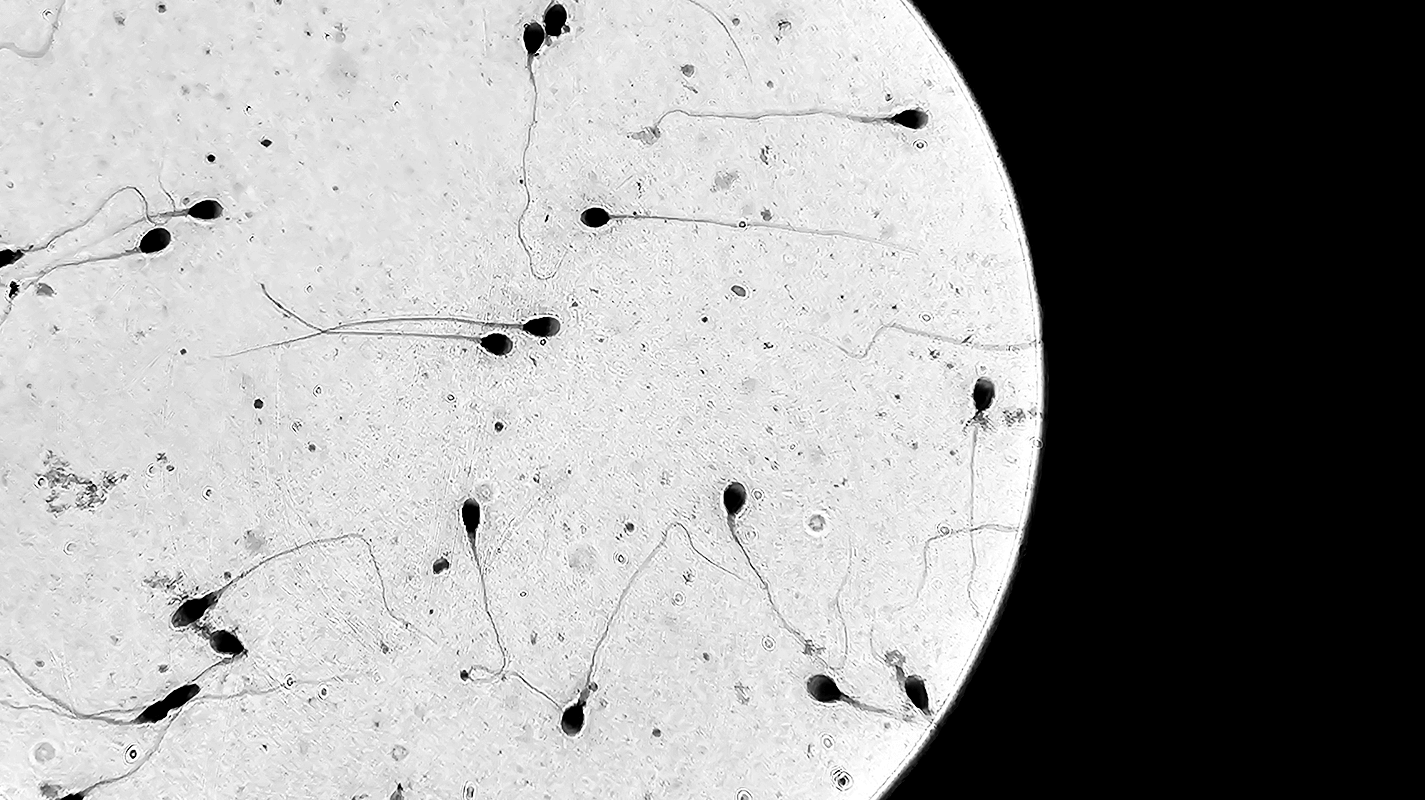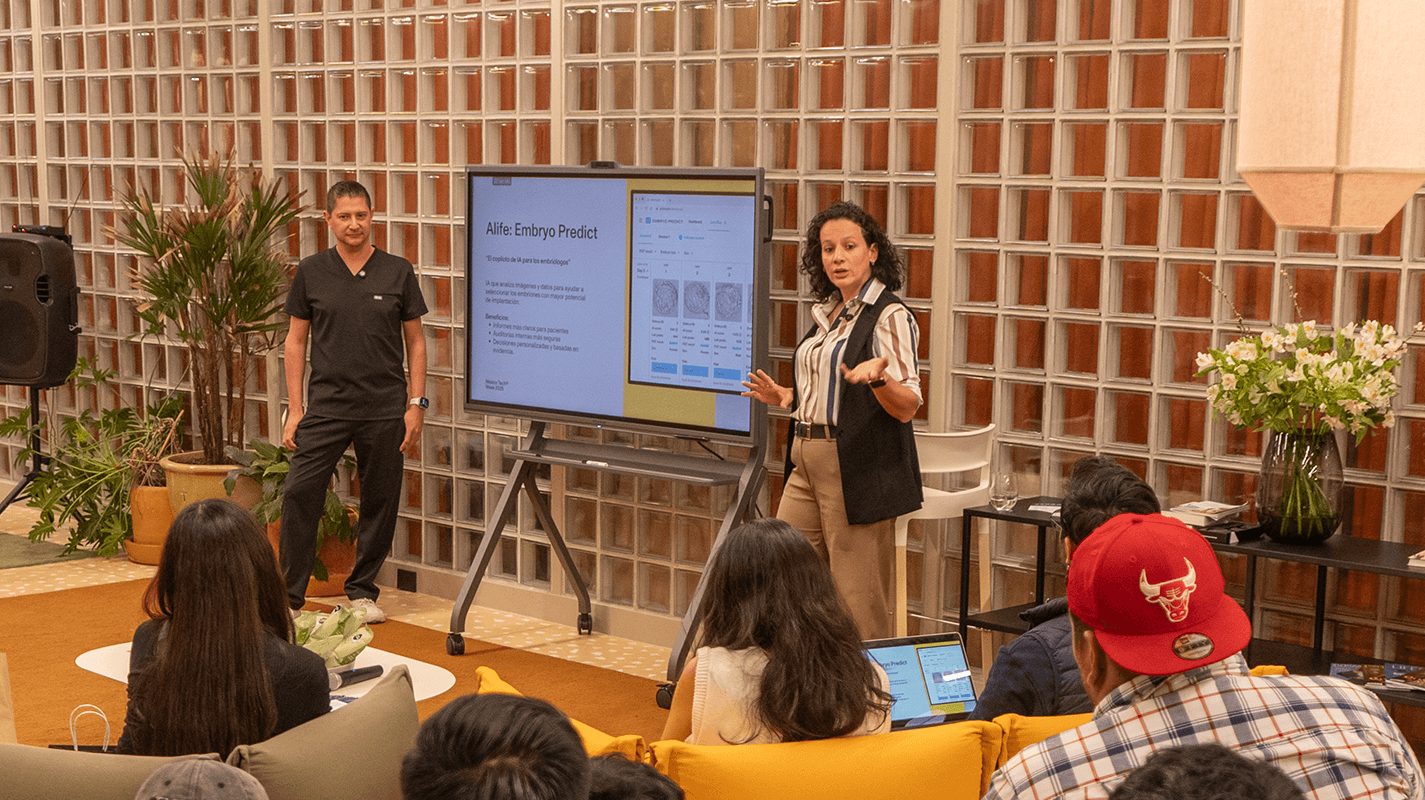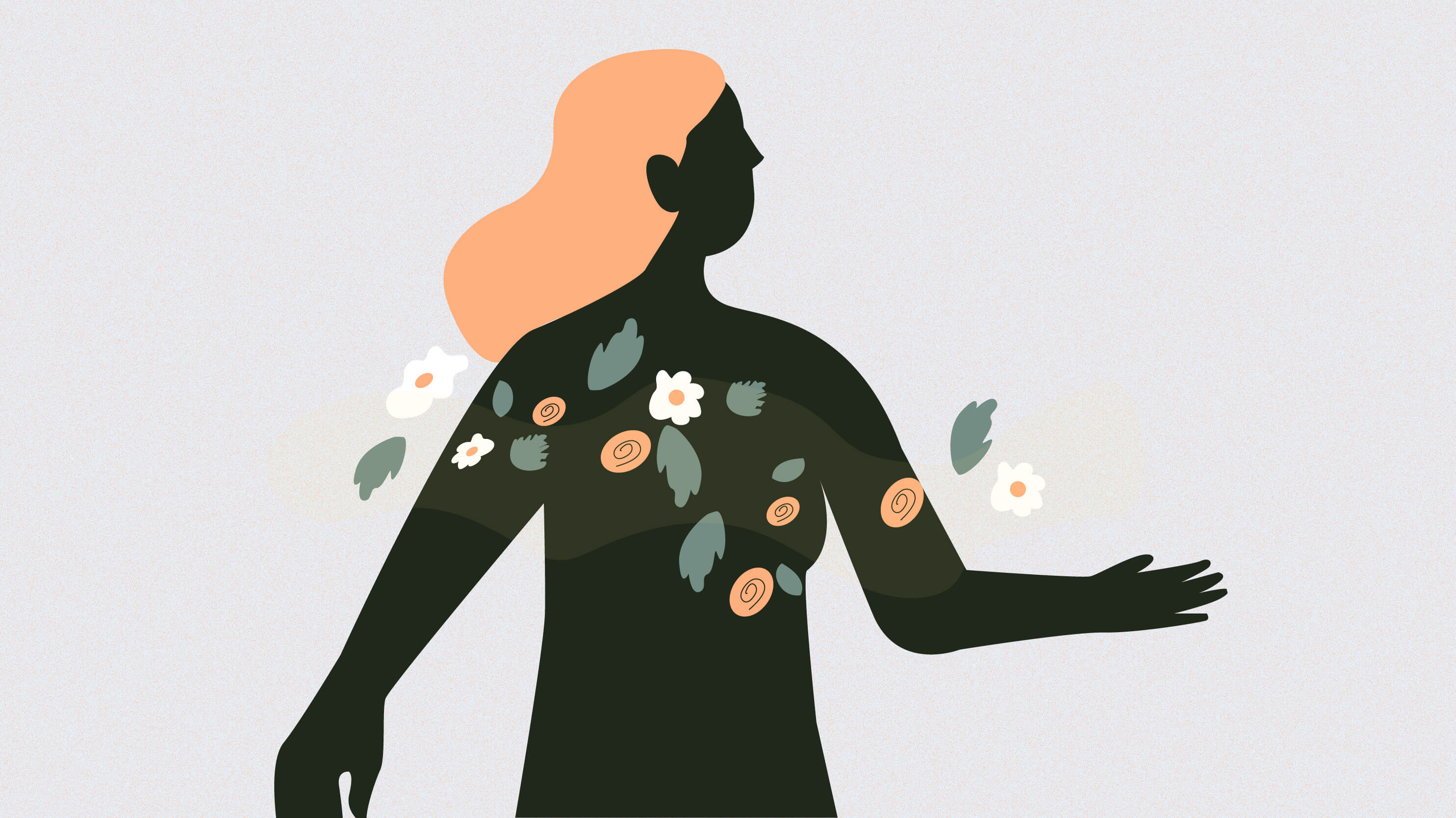The preservation of fertility in the face of cancer

The preservation of fertility in the face of cancer
In February, we commemorate the World Day Against Cancer, for this reason, during that month we organized a fertile conversation in which we addressed this disease and the implications of its treatments for fertility. At Integral Fertility, we believe that information is key to making free and accurate decisions, and sometimes when the possibility of achieving a pregnancy may be affected —as in the case of cancer—, it is essential. This conversation, which brought together Yanín Chavarri —oncologist specializing in breast cancer—, José Gutierrez —obstetrician and reproductive biologist—, María Altschuler —CEO of Integral Fertility— and Zadeth Melo —patient who overcame cancer—, is proof that medical horizons can only expand when experts listen to what their patients want and need; when care, in addition to being individualized, is empathetic and humane.
From the beginning of the conversation, Yanín warned that breast cancer is the most common in Mexico. In recent years, the number of patients under 40 who suffer from it has increased considerably; women who, in many cases, have not yet had children. Women who, if they do not have the necessary information, could lose the opportunity to have them as a result of chemotherapy. And, as Yanín says, fertility plans are not usually the focus of attention after a cancer diagnosis. Of course, faced with a situation like this, efforts tend to be focused on finding ways and alternatives to preserve life. Starting with the diagnosis, it's all about defining what treatment to follow and when is the right time to start.
Zadeth discovered that she had breast cancer at age 37. Although I didn't know when yet, I was very clear that I wanted to have children. However, in the face of news like this, their fertile plans fell to the last place on their list of priorities. In his words, “the focus was on cancer, and everything else was left out”. To a large extent, this reaction had to do with the fact that he was completely unaware that treatment for this disease could have negative effects on his fertility, and he was not aware that there were alternatives to preserve it.
Fortunately, his gynaecologist was one step ahead. So, after giving her information about the potential effects of chemotherapy on ovulation and the ovaries, she suggested freezing as an option to increase her chances of conceiving in the future. Still, freezing wasn't an easy decision to make. On the one hand, there was the fear of delaying the start of his cancer treatment and, on the other, there was his family's insistence that “first he had to see for his life and then for everything else”. With a million emotions involved and a six-week limit to deciding whether or not to freeze, he finally decided to do it. Psychological support was, for Zadeth, a key element in gaining strength and taking the next step.
José and Yanín immediately understood the fear that Zadeth had to face, because acting quickly is of paramount importance in any treatment for cancer. So, a decision that can normally be analyzed calmly, for her became a battle against the clock. But, as the specialists recognized, perhaps that fear could have diminished if Zadeth had known from the beginning that there are many paths, that today there are options to prevent hormonal freezing treatments from stimulating cancer, that there are women who after illness can become pregnant without treatment, that freezing ensures possibilities in the future.
Although Zadeth no longer has cancer today, he will continue to be treated for five more years. Sometimes she still wonders if by then her wishes to become a mother will still be valid, but she feels proud to have made that decision, because she knows that her possibility is still there, that she owed that to her future self. That's the key: to be able to act freely, it's essential to have information that allows you to decide. And that's why, when a woman comes to Yanín's office, she considers it essential to ask about her fertile plans and desires. Because, rather than people with cancer, their patients are human beings who should be able to decide about their bodies and their future. Also, because as Zadeth says, “if the doctor hadn't suggested it, your options would probably have been lost.”
This conversation and Zadeth's courage remind us that we must think about an interdisciplinary medicine that makes visible and responds to the needs of patients, because that can make all the difference. It also requires us to continue to open conversations because the more — and the sooner — we talk about it, the more likely patients are to know what options they have right from the start. Zadeth's voice helps us to recognize the taboos that are still going through painfully processes that, in and of themselves, already are. It's a reminder that, as a society, we still have a lot to learn; that the world is changing and so is medicine. Their optimism, together with the statistics that show that more and more people are surviving this disease, leave us a final message: there is life after cancer. Therefore, we now have a mission to think about what we can do so that those who are going through this path have access to the options they need to decide and enjoy their lives to the fullest.







